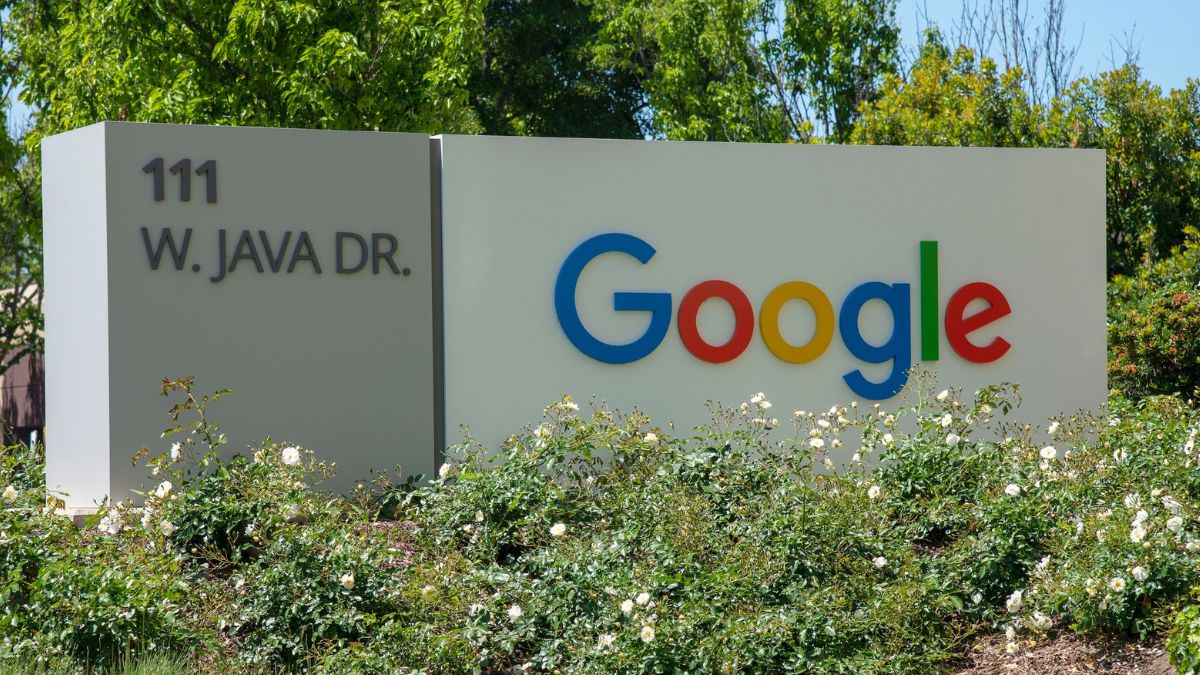- By Vikas Yadav
- Tue, 14 Nov 2023 02:14 PM (IST)
- Source:JND
Search giant Google introduced Bard as an alternative to Microsoft's Bing and OpenAI's ChatGPT a few months back. And scammers were quick to use the hype for malicious purposes. And to curb this to an extent, Google is now suing two scammer groups. The first faction used generative AI to infest malware, and the other group used the Digital Millennium Copyright Act (DMCA) to submit fraudulent copyright claims.
In The Keyword blog, Google added that the aim is to disrupt such tools and raise awareness around the consequences of such activity. Speaking of the first lawsuit, the case is against the bad actors who used the enthusiasm around Bard to mislead the public into downloading malware copies.
These scammers deployed advertisements and created social media handles to confuse people into downloading Bard. The irony is that Bard does not require an external app or software package on devices to function. It is freely available on the official website. These ads pushed people to download malicious files that can compromise social media accounts. Since April, the company has filed about 300 takedowns, and the process to curb such activity is underway.
 Google added the aim is to disrupt such malicious tools and raise awareness around the consequences of such activity. (Image:Unsplash)
Google added the aim is to disrupt such malicious tools and raise awareness around the consequences of such activity. (Image:Unsplash)
The second group highlighted in the blog post abused the DMCA law and planted copyright reports to restrict competition. For the unversed, the DMCA protects users and copyright holders online so that they can protect their work. This group created multiple Google accounts to submit fake copyright claims, which led to the removal of 1,00,000+ business websites.
Also Read: Google Bard Just Got Faster At Generating Responses Despite Slow Speed; Here's Why
"Clear rules against frauds, scams, and harassment are important — no matter how novel the setting — and we're committed to doing our part to protect the people who use the internet from abuse," Google said. Besides Bard, the company said it blocks more than 100 million phishing attacks, shields five billion+ devices via Safe Browsing and scans 100+ billion apps on Google Play.

